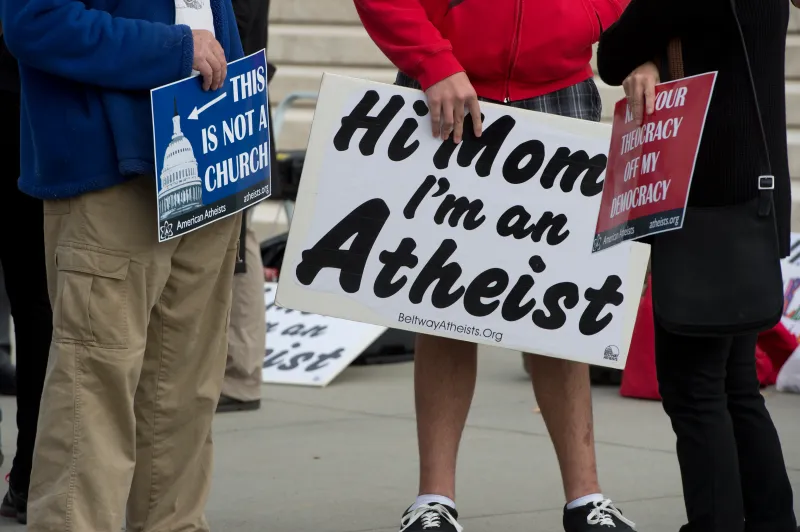In the intricate tapestry of human society, the concept of rights holds a paramount position, guiding our interactions and defining the boundaries of our freedoms. At the heart of this discourse lies a crucial distinction – the understanding that rights are inherently tied to individuals rather than institutions, particularly religious entities.
Rights, by definition, are the inalienable privileges and freedoms attributed to individuals.
Religion, on the other hand, often presents itself as bearers of undisputable and moral messages. However, the challenge arises when interpreting and implementing these messages in a world marked by diverse beliefs and perspectives. Is this when we need to recall that “religion does not have rights but people do?”
The "religion spiral" as explained by Professor Davis complicates this landscape, taking us from exclusivity and superiority to intolerance and, at times, expansionism. As this spiral unfolds, clashes with individual rights become evident, revealing the potential pitfalls of religious fervor. The reasons for moving along this spiral are many, such as the role of family. The influence of family in shaping an individual's understanding of rights cannot be overstated. In certain cases, family values may clash with broader societal principles, underscoring the challenges of harmonizing personal beliefs with the collective pursuit of individual rights.

In the mosaic of human existence, the debate on individual rights versus religious entitlements is nuanced and multifaceted. By unravelling the complexities surrounding the intersection of religion and rights, we pave the way for a more inclusive and tolerant society.
The role of secular education becomes pivotal in navigating this delicate balance. In schools, the inclusion of religious teachings sparks debates about the boundaries between individual rights and the freedom to practice one's faith.
Some questions we can engage with:
How do you believe a secular education system contributes to fostering inclusivity and respect for diverse beliefs in a society where individuals hold a wide range of religious perspectives? Can you share any personal experiences or observations that highlight the impact of a secular educational environment on cultural and religious understanding?
In the context of the delicate balance between individual rights and religious freedoms, how important do you think it is for educational institutions to maintain a secular approach? Do you see any potential challenges or benefits associated with incorporating religious teachings into public education? How might a secular education system contribute to the development of critical thinking skills in students?
If you wish to read more on this topic, this article was published after the US Supreme Court allowed the daily Christian prayers back into American schools. There were mixed reviews from parents, teachers and students, some in favor while some critical.